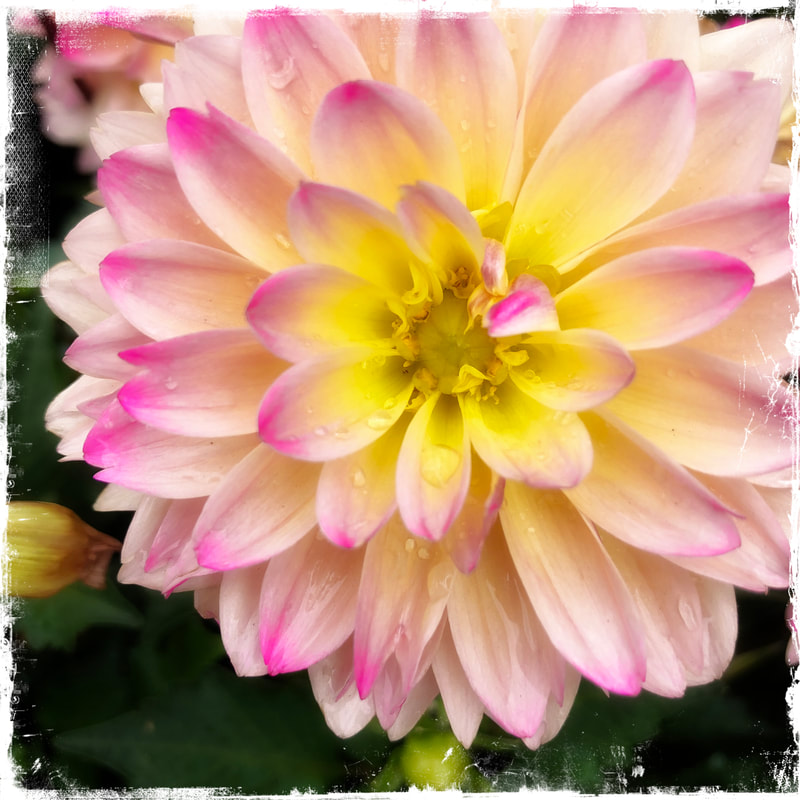ASSAY: A JOURNAL OF NONFICTION STUDIES
7.1
7.1
|
When I started my memoir The Book of Knowledge and Wonder about my mother, I could remember almost nothing about her—not even her face. I had a few vivid memories. In one I watch from behind as she, drink in hand, sways in front of the record console singing Peggy Lee’s “Fever,” holding out the notes and trying to sound good. In another, my dad sits on his haunches before my brother and me on a train ride into the night to deliver the impossible news that our mother has killed herself, his bare arms—large and muscular—reaching out of the sleeves of his suit and the cigarette smoke causing his left eye to squint.
All I had to do to put these memories on paper was follow the details. When I wrote about one of my parents’ shouting matches, I started with the sound of their voices, a cacophony that is always, I suspect, going on somewhere in the recesses of my unconscious mind. I described sitting hunched under the bed covers trying to escape the fury, unable to silence it, the blankets that made me feel safe also acting “like an echo chamber amplifying and distorting the low rumble until the roar, punctuated now and then with a slam or a crash, spilled over me.” When my parents suddenly stopped shouting, I tossed back the blankets, snuck out of my second floor bedroom, and peered between the balusters of the stairs, blinking at the fluorescent glare of the kitchen below. The memory ends in a visual image that is both eerie and unforgettable. “I can picture the tableau even now,” I wrote. My dad, his sleeves rolled up facing a wall, my mother sitting bent over in a kitchen chair with her back to him, crying in gasps. These vignettes glowed like photographs pinned to the dark backdrop of my mind. Lingering over them turned details of my past into luminous, resonant, nearly palpable objects of solitary contemplation yielding insights in the present. So, as I wrote this particular memory, I realized that the mascara mask revealing my mother’s agony, also hid her face and identity pointing to my real goal in the memoir: the woman behind the terror. Yes, there is the horror of my mother’s life which I had to tell, but there is also the woman, the wife, and the mother there—and I was determined to discover her as well.
Unfortunately you cannot write a memoir with four or five memories, and in my case the trauma of my mother’s suicide wiped clean all the rest. How could I write a memoir if I could not enter the past myself and experience the memories as my own? If we accept the definition of the lyric voice as the voice of discovery by the solitary mind, how can a writer summon detail sufficient for such discoveries from memories that are vague or worse, entirely forgotten? I did have a shoebox full of letters from my mother to my grandmother that covered my childhood—a remarkable gift for any writer, but as I read them I wondered how I could make her details my own. Slowly, as I kept writing and experimenting, my memoir became a clinic in memory, and I discovered ways for the lyric voice to open more spaces for remembering as intense as the few memories that I could summon at will. If I could not remember details of an event well enough to write about it, I could uncover metonymies of the past—things, events, or ideas associated with it—that would allow me to triangulate on vague or forgotten memories. These techniques took me deep enough into the solitary state of the lyric mode to create writable memories more reliable in many ways than memory itself as I groped toward a fuller version of the woman behind the mascara mask. They are techniques anyone can use, and I offer them here as a rough guide to the mnemonics of nonfiction for other writers to try.
|
|
Steven Harvey's newest book is Folly Beach, a personal essay about easing fears of mortality and loss through creativity. He is also the author of The Book of Knowledge and Wonder, a memoir about coming to terms with the suicide of his mother published by Ovenbird Books as part of the “Judith Kitchen Select” series. He has written three collections of personal essays and two of his essays have been selected for The Best American Essays Series: “The Book of Knowledge” in 2013 and “The Other Steve Harvey” in 2018. He is a contributing editor for River Teeth magazine and the creator of The Humble Essayist, a website designed to promote personal prose.
|

